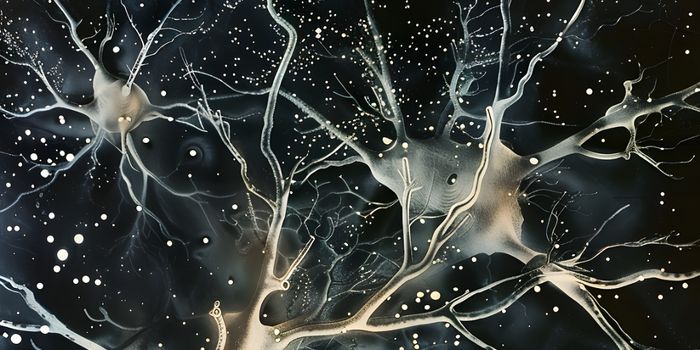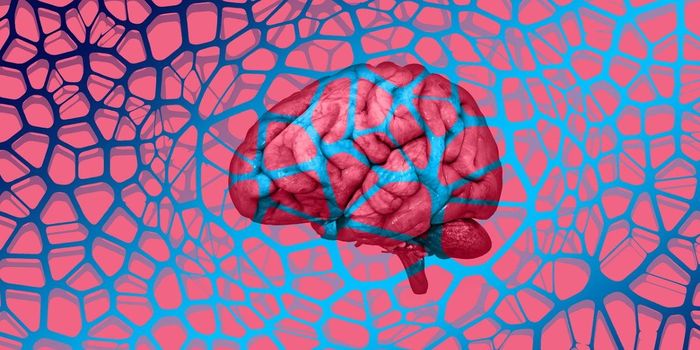Smarts are Bigger than the Parts: Intelligence Best Predicted By Whole-Brain Connectivity
The prefrontal cortex thinks it’s so smart, and it remains the go-to brain region when people think of complex problems solving, social processing, and top-down regulation. But is it also where General Intelligence is located?
Many neuronal processes are not frontal cortex dependent, for example, consciousness. Prefrontal activity has little predictive power of the presence of consciousness. In fact, you can have some pretty lively conversations without this region. But the conversation is entirely one-sided when the posterior cortical area goes dark.
While the complexity of the prefrontal region separates us from a number of other life forms, it’s not the end-all-be-all of General Intelligence, recent research has further established.
The authors of a new study published in Human Brain Mapping declare “the ultimate challenge of this new millennium” is the discovery of General Intelligence’s neural networks.
Researchers Anderson and Barbey out of the University of Illinois Urbana tested multiple General Intelligence hypotheses. Anderson described how their approach elucidates which of the most popular theories of General Intelligence hold true “ based on the connectivity of brain regions or networks” (via Neuroscience News).
Since the bloom has faded on classic IQ tests, these researchers began their study with a battery of standardized tests, from the Law School’s LSATs to the Adult Decision-Making Competence test, measuring the intelligence of almost 300 Illinoisan young adults.
They compared intelligence scores with brain activity during a resting state using functional Magnetic Resonance Imaging (fMRI) to elucidate which theory of General Intelligence held water. Resting state is known to involve different networks than those active during cognitive processing. In fact, the activity of resting-state or “default mode” networks switches off once cognitive processing networks are engaged, making it an interesting state to study when seeking to understand intelligence.
Anderson and Barbey found theories of General Intelligence that focused on the role of localized regions were lacking, including the Lateral Prefrontal Cortex Theory. Instead, system-wide networks across the whole brain were more predictive of intelligence.
The findings supported the Network Neuroscience Theory (NNT). This theory postulates that General Intelligence emerges from “global system-wide network mechanisms.” Another aspect of NNT that found credence was the concept that weaker connections can enable flexibility in information processing. Higher correlations with intelligence were found when the activity of both strong and weak connections was considered.
These findings predict that General Intelligence is associated with whole brain dynamics when measured during resting state.
Work such as this will no doubt contribute to multiple fields. Even though any neuroscientist worth their ions would never claim to have General Intelligence figured out, these findings will likely be adopted by software engineers hell-bent on designing networks they say are modeled on brain processing. But perhaps the most important next step is to learn exactly who this General Intelligence is and where are their armies now?
Sources: Human Brain Mapping, Applied Developmental Science, PNAS









